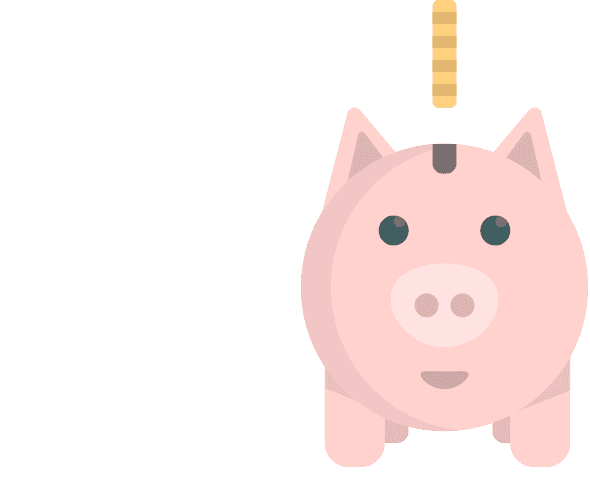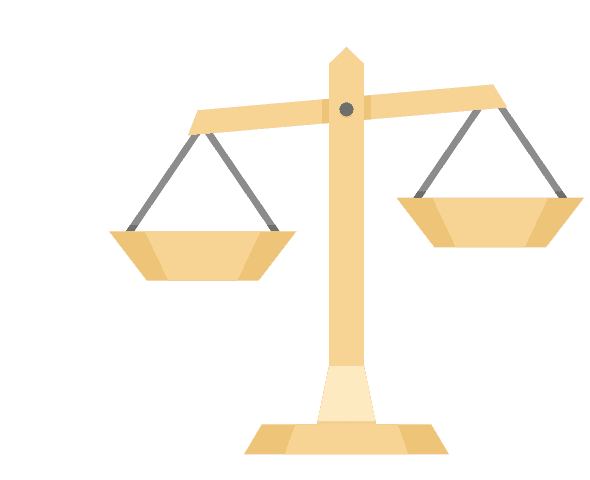What is a down payment?
A down payment is the amount of money that a home buyer is paying towards the purchase price of a home. For example, if you are buying a home for $800,000 and you have saved $160,000 to put towards the purchase price, the $160,000 is your down payment. Important: your down payment should not take up all of the money you have allocated to your home purchase, there are other closing costs (land transfer fee, real estate lawyer, etc.) that you will need to account for. To lean more about closing costs, click here.
The 20% Rule (Conventional and High-Ratio Mortgage)
In Canada, there are two types of prime mortgage down payments: “Conventional” and “High-Ratio”.
A Conventional Mortgage applies to homebuyers who have a down payment that is 20% or higher to put towards the purchase of their home. These homebuyers do not have to pay for mortgage insurance (CMHC). For any home $1 million and above you are required to put down at least 20% and have a conventional mortgage.
- Conventional Uninsurable Mortgage any mortgage for a home that is $1 million and above with at least a 20% down payment is known as a conventional uninsurable mortgage. Mortgage rates for conventional uninsurable mortgages are usually higher than High-Ratio Insured and Conventional Insurable.
- Conventional Insurable Mortgage applies to homebuyers who purchase a home less than $1 million with at least 20% down payment. These mortgages generally have a lower rate than conventional uninsurable mortgages.
A High-Ratio Insured Mortgage applies to homebuyers who have a down payment between 5% and 19.9%. To qualify for a home purchase below $1 million. These homebuyers will need to purchase CMHC (mortgage) insurance and will need to provide proof of employment, a strong credit score and an amortization period of a maximum of 25 years. As these mortgages are lower risk for the lender (because they are insured), mortgage rates are the lowest with these types of mortgages. However, that usually does not cover the difference a home buyer will need to pay in CMHC mortgage insurance.
Calculating your down payment
To calculate your down payment percentage, simply divide your down payment by the price of your home. For example, for a $800,000 home with a $160,000 down payment the calculation is: 160,000 ÷ 800,000 = 20%. You can also use our Mortgage Calculator to try other calculations.
CMHC Mortgage Insurance for a high-ratio mortgage
CMHC is a one time payment that can also be rolled up into your mortgage payments. It is insurance that protects the lender if a borrower defaults on their mortgage. It miscalculated as a percentage of your down payment. Examples of how this is calculated can be seen below:
| Down Payment | CMHC Premium | Example |
| 5 - 9.99% | 4% | Home Price: 500,000 Down Payment: $25,000 Mortgage Size: $475,000 → CMHC Premium $19,000 |
| 10 - 14.99% | 3.1% | Home Price: 500,000 Down Payment: $50,000 Mortgage Size: $450,000 → CMHC Premium $13,950 |
| 15 - 19.99% | 2.8% | Home Price: 500,000 Down Payment: $75,000 Mortgage Size: $425,000 → CMHC Premium $11,900 |
| 20% or higher | 0% | Home Price: 500,000 Down Payment: $100,000 Mortgage Size: $400,000 → CMHC Premium $0 Not applicable |
*Note that the CMHC insurance premium is also subject to PST and must be paid at time of closing.
Default insurance does cost the home buyer between 2.8% - 4% on top of their mortgage, however, it is beneficial to the marketplace. It allows home buyers (often First Time Home buyers) an opportunity to own a home when they do not yet have a large enough down payment. Further. without CMHC insurance, rates would be higher as the risk that a mortgage owner would default.








